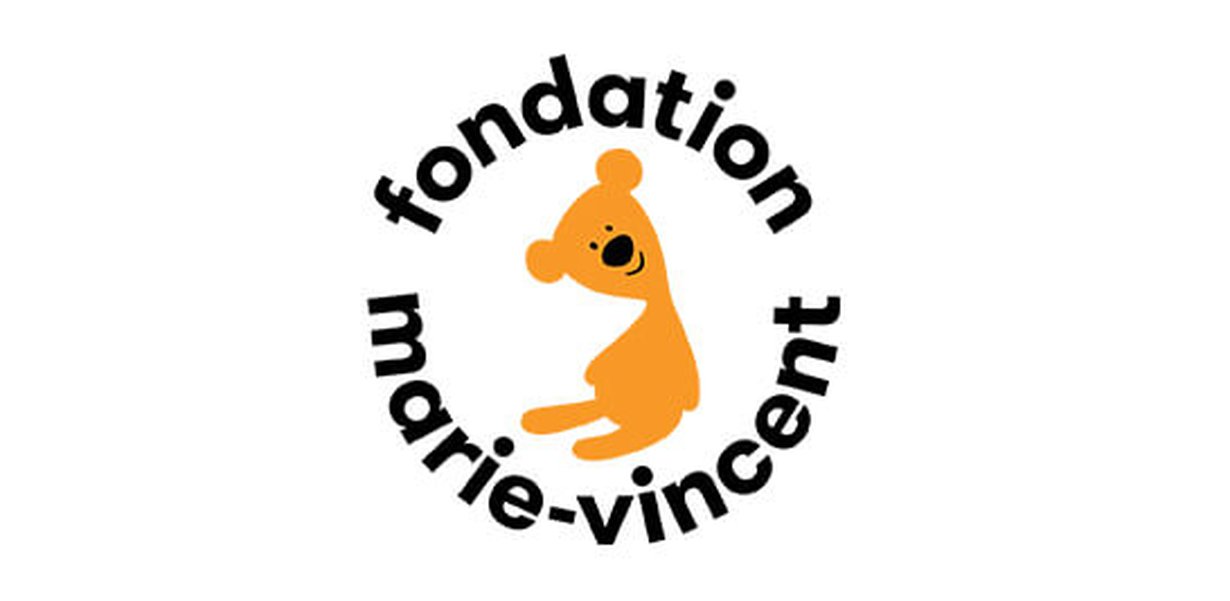Helping teens stay balanced
Talking About Dating Relationships With Your Teen
Helping teens stay balanced
Talking About Dating Relationships With Your Teen
Article written with Fondation Marie-Vincent
If your child is experiencing their first stirrings of love and you still don’t know how to approach this personal, sensitive subject, you should be aware that, even in this area of life, you still have an important role to play. Developing a healthy relationship with their partner is vital for the well-being of your teen and the future adult they will become. It’s also an essential tool for protecting your child from violence in dating relationships. Read on for our tips about discussing this with your teen.

WHAT ARE THE EFFECTS OF A TOXIC DATING RELATIONSHIP?
An unhealthy dating relationship can expose your child to emotional, psychological and physical health problems and negatively impact their self-esteem. It may have different consequences, including symptoms of depression and anxiety, post-traumatic stress disorders, suicidal thoughts, eating disorders, sexually transmitted infections, sleep disorders, poor academic performance, etc.
Find out more about the different forms of sexual violenceHow should I talk about dating relationships with my teen ? 🤔
Talking about dating relationships and sexuality with your teen can be difficult for some parents. To guide you, here’s some how-to advice:
• Demonstrate interest and openness and be ready to dialogue: :if you are preachy or launch into a monologue, your teen may no longer be receptive and will pull away from you. Allow them to speak and be listened to without judging them or lecturing.
• Draw on situations encountered in your everyday life : something in the news, an example taken from a film, a TV series or a situation that happened to someone you know. Ask them simple questions along the lines of “What do you think of….?” or “What would you have done if you were them?” to open the dialogue and allow them to give their opinion.
You can also talk about your own teen years to let your child know what you felt and thought when you were their age, but with the awareness that everyone reacts differently.
• React to what they tell you by providing insight and by helping them to understand the subject
• Nurture your relationship with your teen every day:
• Having discussions frequently allows you to stay abreast of the changes in your child’s life and to more easily discuss sensitive subjects. The idea is to avoid having talks with your teen only to share your concerns or because there’s an urgent need to act.
• Don’t put pressure on your child to have a boyfriend/girlfriend : talking about dating relationships with your child is important, but keep in mind that there is no obligation for anyone to be in a dating or sexual relationship or to feel the need to be. The most important thing is for your child to feel good.
• Reflect on how you behave in your own dating relationships: The way you handle your own relationships is also an example for your teen, who will tend to repeat the same behaviour in their relationships.

What’s a healthy dating relationship ?
When they are healthy, dating relationships make you feel good, safe and respected and are built on several basic components:
🗨 Communication: talking about your concerns, feelings, thoughts, and what’s important to you and asking your partner in return.
👂 Listening: listening to your partner and feeling that you are listened to as well.
⚖ Equality and balance : each partner should feel equally important in the relationship and neither person is in a relationship of exploitation or dependency with respect to the other.
🥰 Respect : for oneself and for your partner, even when there’s a conflict. Having a positive attitude with considerate words of affirmation and affectionate gestures.
🧘♀️ Freedom: feeling comfortable and free to express your needs, wants and limitations. Feeling that you can change your mind without consequences for yourself or your relationship. Being free to engage in personal activities.
💗 Sharing, fun and love!
And, most importantly, a healthy, respectful relationship is based on the free and informed consent of all the people involved.
Talking about consent with your child means teaching them to listen to themselves, ask themselves about their desires, set their own limits and accept those of others.
What is consent?
Whether it’s kissing, touching, having sexual relations with or without penetration, sending sexually explicit messages or photos, each of the partners has to consent and therefore agree to allow the activity to take place.
Consent can be expressed in many ways. Don’t hesitate to give your teen some examples:
- it can be conveyed by words or gestures, and can be explicit or implicit—a person who remains silent or does nothing is not consenting to a sexual act. They do not have to resist physically to show that they do not consent.
- it is never final: it is possible to say “yes” but then change your mind at any time during the sexual activity or to say “yes” to certain acts and “no” to others.
- it is not valid when there is an unequal balance of power or when you are not fully conscious (e.g.: under the influence of drugs or alcohol or when asleep).
Remind your teen that if the person refuses either through their words or actions, or if they remain motionless, is not involved or says nothing, the sexual activity should stop. When there’s the slightest doubt, it’s important to ask!
Is there consent? For sexual consent to be valid, four elements must be present. Find out what they are here
Our tools
Want to raise your child’s awareness about violence in dating relationships?
You can have them try this interactive game in which they will engage in fictitious virtual discussions.
Think your teen is experiencing violence in their dating relationship?
You can have them take this self-test.
Listen to our podcasts!
Youth in Mind Foundation and Aidersonenfant.com have teamed up to bring you this series of podcasts called “Love and friendship – Key elements to accompany your teenager”.
Watch this episode in video format on our youtube channel.
In partnership with Aidersonenfant.com, we are tackling a sensitive subject we can’t ignore: violence within the romantic relationship of our teens. How, as parents, can we shield our youngsters from this phenomenon? How can we talk to them about it? And where can we go if professional assistance is needed?
In collaboration with aidersonenfant.com, let’s dive into a subject that concerns more and more parents: gender identity. How can we, as parents, support our children in their quest for gender identity?
Read our articles related to this subject:
External resources
• If you have questions, an emergency situation or need to talk, LigneParents is a free, professional resource available 24/7 for parents: 1-800-361-5085 – ligneparents.com
• Being in a romantic relationship – Tel-Jeunes
• Violence in youth dating relationships – INSPQ
• Talking with your teen – Fondation Marie-Vincent
Need to talk about how you feel?
Speak with a Tel-Jeunes worker: it’s anonymous, free and accessible 24/7

With our partner
The Fondation Marie-Vincent supports children and teens who are victims of violence by offering them the services they need—all in one location. It helps prevent sexual violence by focusing on education and awareness, and by helping children with problematic sexual behaviours.